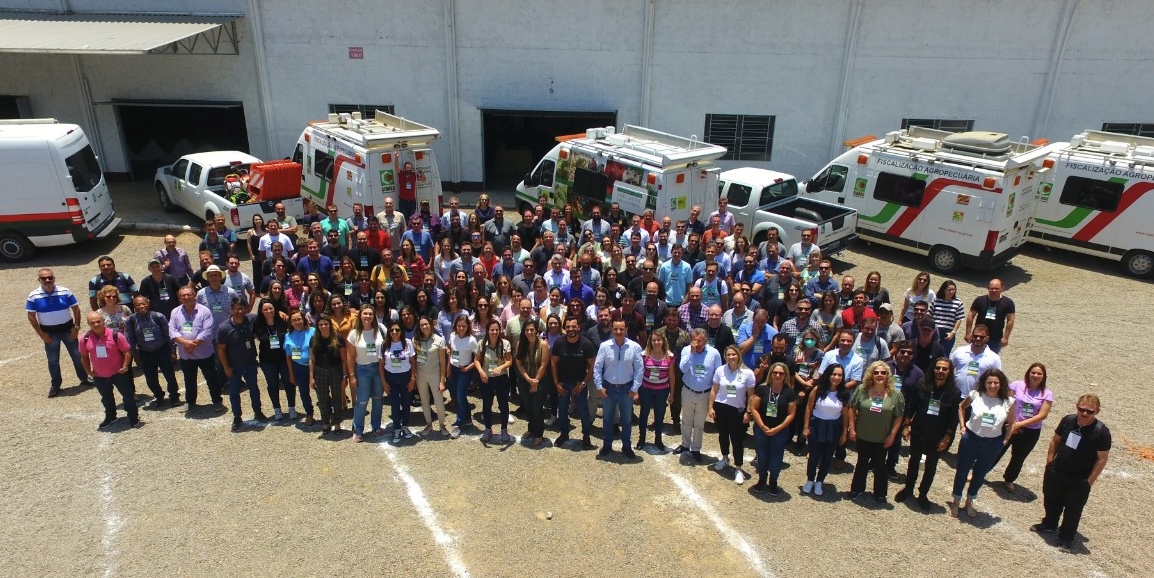Emergency preparedness is one of the key tasks of the Veterinary Services. Simulation exercises are an essential component of emergency preparedness and a valuable tool to validate and test response procedures and plans (also called emergency plans), as well as to assess the overall ability and capacity of the Veterinary Services to react in the event of an emergency.
What are the benefits of simulation exercises?
Simulation exercise: African swine fever in Brazil
At the end of 2022, the Ministry of Agriculture, Livestock and Supply (MAPA) together with the Veterinary Service of the State of Santa Catarina (CIDASC) organised a Simulation exercise on African swine fever in Presidente Getulio, Brazil. More than 230 professionals participated in this theoretical-practical exercise with the objective of exercising and evaluating the Veterinary Service’s capacity to respond to an ASF outbreak, following the guidelines of the National Contingency Plan for the disease.
For the simulation exercise, an Animal Health Emergency Operations Centre was set up for the participants to carry out the procedures foreseen in the Contingency Plan for ASF and in the State Contingency Plan for Terrestrial Animal Health Emergencies of the State of Santa Catarina.
During the first day, participants participated in theoretical presentations on clinical and epidemiological aspects of ASF, the role of wild boars in ASF epidemiology, procedures for the management of suspected swine haemorrhagic diseases and risk communication in animal health emergencies.
Later, divided into groups, they rotated through six workshops (biosafety, sample collection and preparation, outbreak elimination, surveillance, transit, epidemiology and information and forms).
Then began the practical part of the simulation. During this phase, participants were able to put into practice technical procedures such as clinical and epidemiological surveillance and investigation, biosecurity, collection and shipment of samples for laboratory diagnosis, elimination of outbreaks, cleaning and disinfection of facilities and control and inspection of vehicle traffic in the region, as well as the use of software for data collection and processing and information management.
At the World Organisation for Animal Health we support and encourage simulation exercises, as we believe they are an extremely useful tool for countries to prepare for a potential animal health emergency


